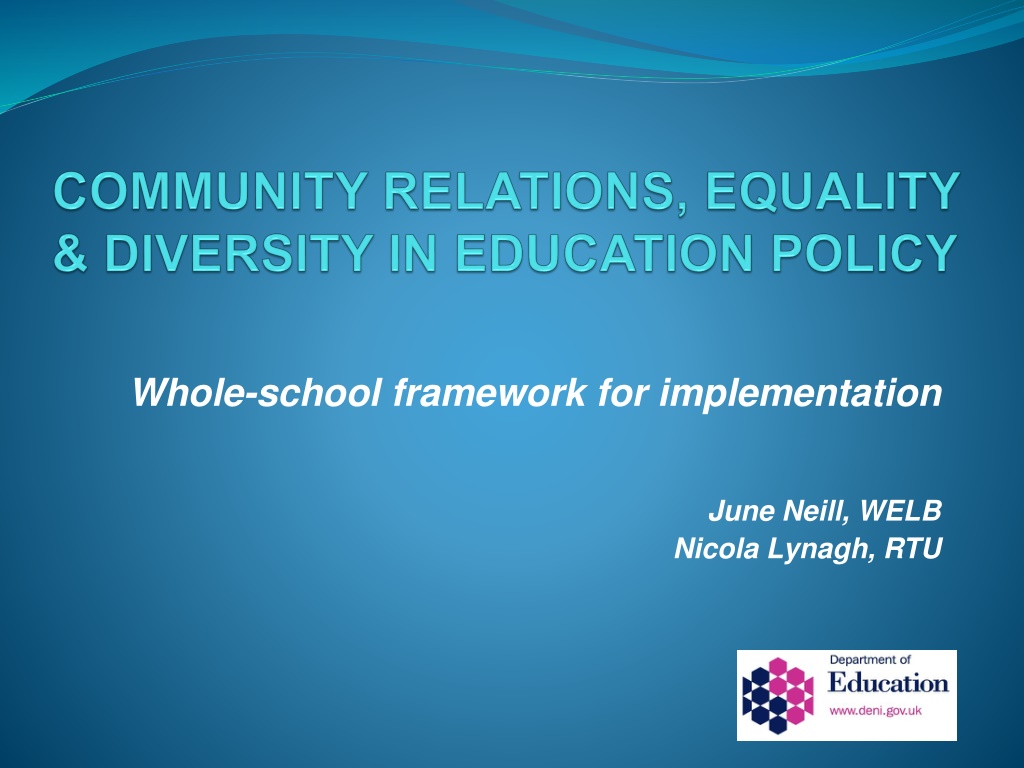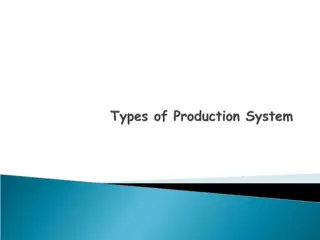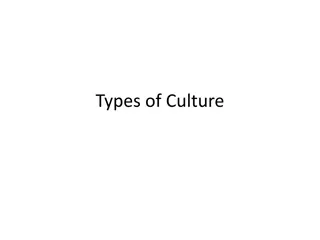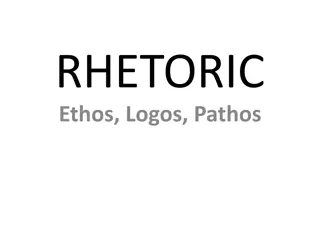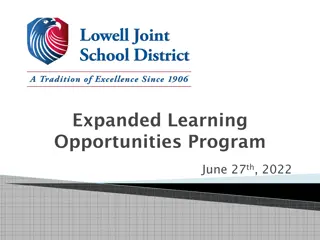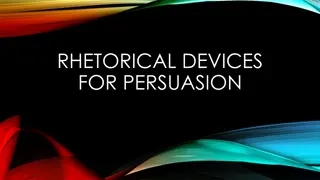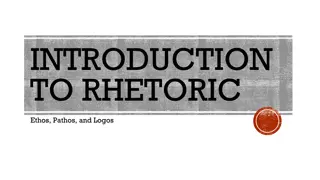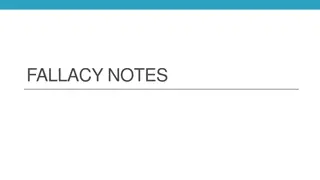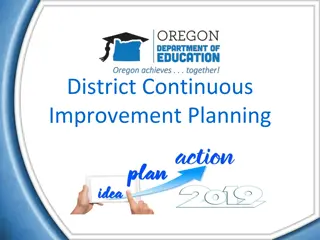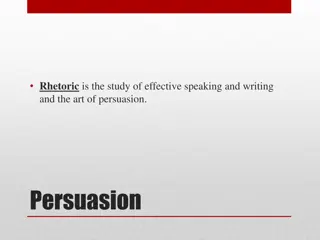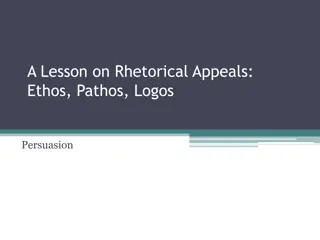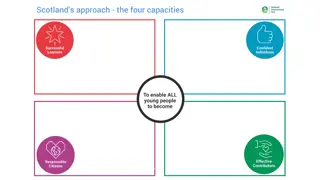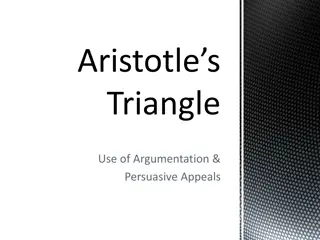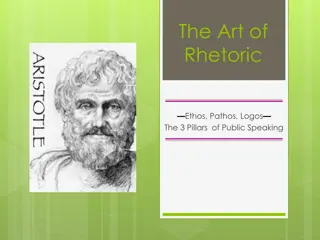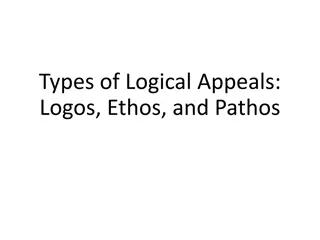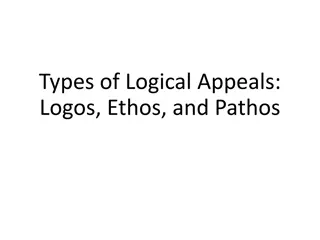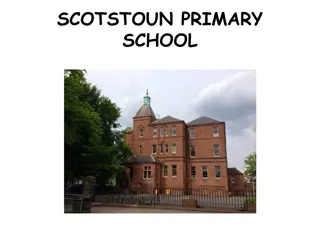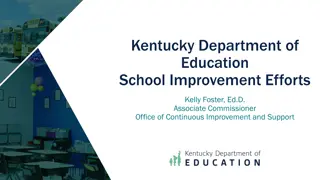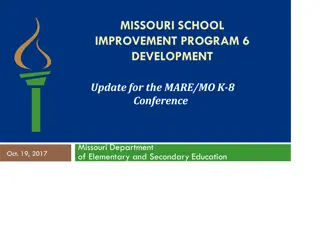Reflecting on School Ethos and Culture for Continuous Improvement
The provided content delves into the importance of school ethos and culture in fostering a vibrant learning environment. It emphasizes the need for schools to be communities of good practice that cater to individual pupil needs and aspirations, preparing them for a diverse and equal society. The material also touches on factors influencing school development and the imperative role of educators in initiating change. Reflective questions prompt evaluation of school ethos and how it is perceived by others, highlighting the intangible yet crucial aspects of school culture.
Download Presentation

Please find below an Image/Link to download the presentation.
The content on the website is provided AS IS for your information and personal use only. It may not be sold, licensed, or shared on other websites without obtaining consent from the author. Download presentation by click this link. If you encounter any issues during the download, it is possible that the publisher has removed the file from their server.
E N D
Presentation Transcript
Whole-school framework for implementation June Neill, WELB Nicola Lynagh, RTU
My vision for the future is one where schools are vibrant, self- improving communities of good practice that meet the needs and aspirations of individual pupils and prepare them to take their place in building the type of society to which we all aspire for the next generation. I want to ensure our children and young people have the skills and attitudes to ensure a society where equality and diversity are valued and relations within and between communities are strong. a society where equality and diversity are valued and relations within and between communities are strong.
Moral Imperative As an educator, what has struck you from what you have heard so far? What will you do with what you have heard?
Other Imperatives: The Levers for CRED Legal Framework: Age Disability Gender Race Religion / politics Sexual orientation Educational Policy Levers ESAGs Policy School Development Planning CRED Policy Economic Levers Securing conditions for economic growth (Derick Wilson, UNESCO Centre, UU).
The starting point is not system change or change in those around us, but taking action ourselves... M Fullan 1992
Ethos/Culture School culture/ethos is the set of norms, values and beliefs, rituals and ceremonies, symbols and stories that make up the 'persona' of the school," Ref: Kent D.Peterson Ethos/culture is in some respects intangible, to do with the feel of a school, with that which is experienced but, since it is also taken for granted, may not easily be articulated; Ethos/culture is both official and unofficial; Ethos/culture emerges from everyday processes of relationships and interactions and it concerns norms rather than exceptions.
Reflective Questions: In Pairs How do you evaluate your school ethos? How would a stranger describe your school? What would they notice about the people & how they communicate? What would they notice about the place? What would they notice about the young peoples conversations?
. Just as a starfish applies slow and steady pressure from each of its five arms to open the single powerful muscle that keeps an oyster together, focusing upon the 5 Ps helps educators apply persistent pressure to overcome challenges.
The Five Ps Ref: J. Novak and W. W. Purkey People Policies Places Processes Programme/Curriculum
Theory into PracticeThe 5 Ps Human potential can best be realized by places, policies, processes, and curriculum specifically designed to invite development, and by people who are intentionally inviting with themselves and others. The 5 Ps provide a framework to collaboratively address, evaluate, modify, and sustain a positive total school environment.
People Everyone matters and every way we do things matters Novak & Purkey Every person in the school is an emissary of CRED. People create a respectful, optimistic, trusting, and intentional society
Places Classrooms, offices, hallways, canteen, library, playgrounds, and toilets are clean, neat, attractive and well-maintained, they show that people care about the entire school. Even if the building is ancient
Policies Policies include mission statements, directives, codes, rules written and unwritten regulating the school. Polices influence the attitudes of those involved in the school. It is especially important to develop inviting/living policies Policies should pass the litmus test of :-Do they reflect trust, optimism, respect, care, and intentionality for everyone in the school?
Programmes/Curriculum Programmes that support young people to learn to work with others in a robust manner.
Processes Processes can be simply defined as the way we do things in this school. Processes are characterised by a democratic ethos, collaborative and cooperative procedures, and continuous networking among teachers, students, parents, staff, and the community. Democratic processes are paramount in which those who are affected by a decision have a say in its formulation, implementation, and evaluation.
The Jelly Analogy Everything is connected. The total school is like a big bowl of Jelly: if it is touched anywhere, the whole thing jiggles. Thinking about people, places, policies, programs, and processes each within a framework of trust, respect, care, optimism, and intentionality provides a strategy for systematic transformation of the whole school.
7 pillars for Change Excellence communication Realistic targets Commitment to Team approach a shared vision framework understood Support Clear plan Benefits Clear
Vision Building for the young people What is the difference you are making as a leader in relation to CRED? What difference collectively can the school make? How will you sparkle the change?
REVIEW AND REFLECTION WHAT? SO WHAT? NOW WHAT? Terry Borton, 1970, Reach, Touch and Teach What more did I learn about CRED? What difference collectively can the school make? What is the difference I want to make? What are my strengths in being a success with these changes? How will I Start? From James Flaherty, Coaching - evoking excellence in others 2005 19
